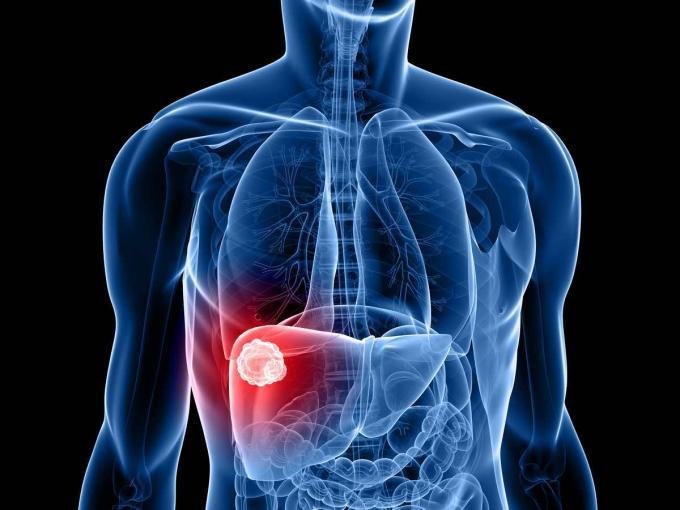Watch out for toxic molds at the bottom of the curtain
© Adobe Stockle Problem with the bathrooms is that they are generally poorly ventilated, or not at all.Suddenly, the humidity increases.Mixed with the heat of the room and dirt, this promotes the appearance of molds.And for that, the shower curtains - in particular in plastic - are real microbed nests.Look at the bottom of your shower curtain, after a few months of use, mixture of dirt, soap and body secretions have accumulated on it and yellow or white traces can appear there.It's a sign that there is mold.
What's the risk ?Molds in wetland can release spores and sometimes toxic substances called mycotoxins, according to a health insurance study.In the long term and in large quantities they can have several risks:
Respiratory disorders: cold, rhinopharyngitis infections...

Allergies: "the body reacts to the presence of an allergen by an inappropriate immune defense", explains health insurance.This can cause rhinitis, conjunctivitis or hay problems.
Toxic effects: food poisoning, botulism...can be caused by mycotoxins.
Cancer: Papillomavirus could develop due to the absorption of mycotoxins.
What solutions?First cut your shower curtain so that it does not drag in the bathtub or the shower.Then take it out of the bath to let it dry properly after each shower.Wash it regularly (once a week) with baking soda if it is made of PVC or machine if it is made of fabric (the material most recommended by health authorities).
The smell of new bad plastic curtains for the thyroid
© Adobe Store the smell of new shower curtain don't you mind?She should.This just unlocked plastic scent that invades your bathroom is not good for health.Researchers from the Center for Health, the Environment and Justice, an American NGO, were precisely interested in this famous smell in order to see what it hid.
After study, it appeared that the shower curtains in polyvinyl chloride (PVC) released volatile chemicals in the room.An observation made after having analyzed the composition of several PVC curtains sold by five different American companies.28 days after the start of the study, the researchers detected 108 volatile organic compounds released by shower curtains.Among them: toluene, ethylbenzene, methyl isobutyl ketone, xylene, acetophenone and cumenous.The latter are considered to be pollutants by the American environmental protection agency (EPA).
What risks? A study by the American Medical Association in 2013 analyzed urine samples of 130 women who gave birth prematurely against 352 others.The researchers explain that they have discovered "a significant link between exposure to phthalates during pregnancy and premature births, which confirms previous laboratory observations and the results of epidemiological studies".In the study report, scientists also recall the risk already emphasized by hormonal disturbance due to exposure to phthalates that can disregard the thyroid.








